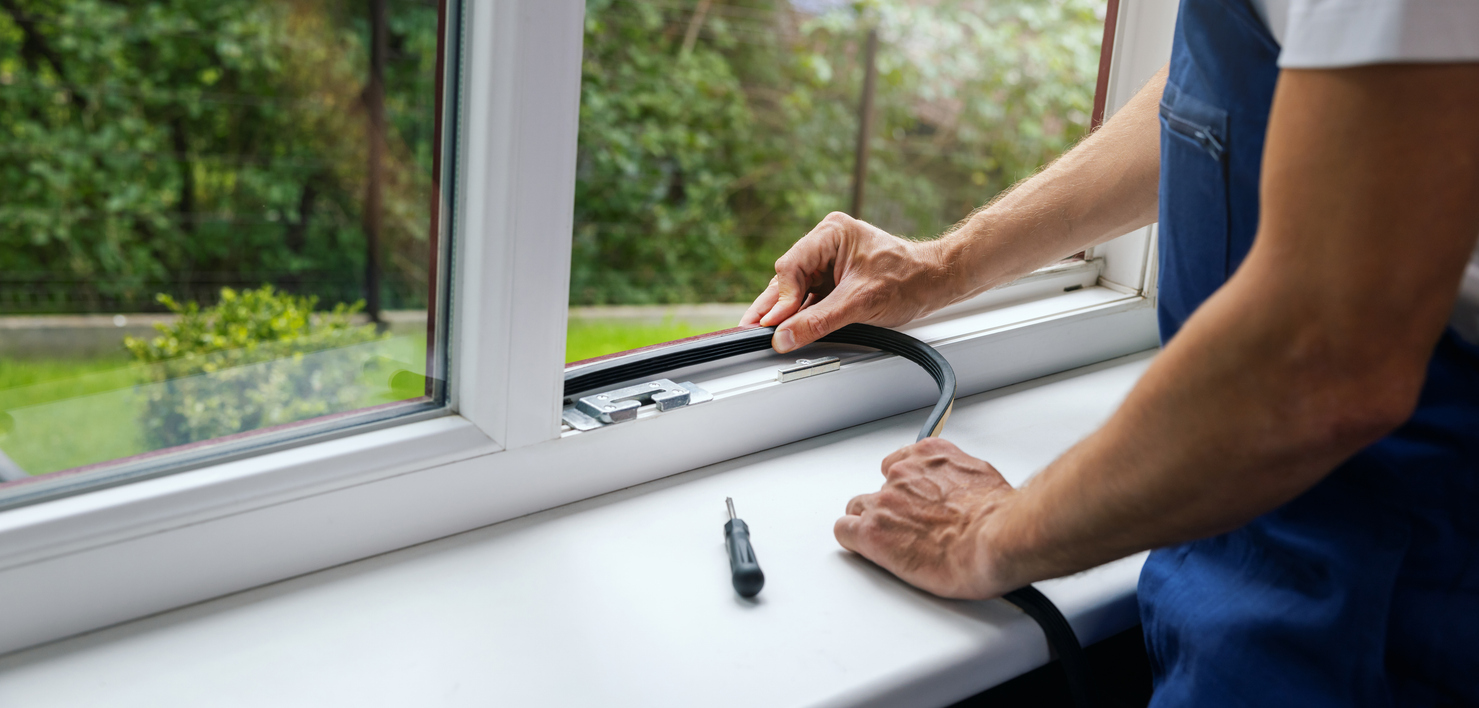1. Why Consider Window Replacement?
There are several reasons homeowners choose to replace their windows:
- Energy Efficiency: Old or damaged windows can lead to drafts and heat loss, driving up energy costs. New energy-efficient windows can reduce heating and cooling expenses by maintaining indoor temperatures more effectively.
- Improved Comfort: Replacing windows can eliminate drafts, block outside noise, and provide better insulation, making your home more comfortable year-round.
- Enhanced Curb Appeal: New windows can update the look of your home, boosting curb appeal and potentially increasing resale value.
- UV Protection: Many modern windows come with coatings that block harmful UV rays, protecting your furniture, flooring, and decor from sun damage.
- Increased Home Value: Quality window replacements can enhance your property value and make your home more attractive to potential buyers.
2. What to Look for in Replacement Windows
When selecting replacement windows, consider the following key factors to ensure you’re making the best choice for your home:
- Window Material: The most common materials are vinyl, wood, aluminum, and fiberglass. Vinyl is low-maintenance and affordable, while wood offers a classic look but requires more upkeep. Fiberglass is durable and energy-efficient but can be more expensive.
- Window Style: Options include double-hung, casement, sliding, bay, and picture windows. Choose a style that complements your home’s architecture and meets your needs for ventilation and light.
- Glass Options: Energy-efficient windows typically feature double or triple-pane glass with low-E (low-emissivity) coatings, which help reduce heat transfer and protect against UV rays.
- Energy Efficiency Ratings: Look for windows with ENERGY STAR certification and a low U-factor, which measures how well a window insulates. The lower the U-factor, the better the insulation.
- Installation: Proper installation is crucial for maximizing window performance. Many companies offer professional installation services, ensuring that your windows are sealed and fitted correctly.
3. How to Find the Best Deals on Window Replacement
Replacing windows can be a significant investment, so finding the best deals can help you save money. Here are some tips to get the best value:
- Shop Around: Get quotes from multiple companies to compare prices, products, and services. Look for companies that offer free consultations or estimates.
- Check for Rebates and Incentives: Many utility companies and government programs offer rebates or tax credits for energy-efficient window replacements. Check with local authorities or your energy provider to see if you qualify.
- Consider Off-Season Installation: Window replacement companies may offer discounts during their off-season, typically in late fall or winter, when demand is lower.
- Bundle Replacements: Replacing all your windows at once can often result in bulk discounts. Ask companies about any price breaks for larger projects.
- Negotiate: Don’t be afraid to negotiate with window suppliers. Many companies are willing to lower prices or provide additional services to earn your business.
4. Common Types of Replacement Windows
Understanding the different types of replacement windows can help you choose the best option for your home:
- Double-Hung Windows: Both the upper and lower sashes open, providing ventilation and easy cleaning. They are a popular choice for traditional-style homes.
- Casement Windows: Hinged at the side and open outward with a crank, providing excellent ventilation and an unobstructed view.
- Sliding Windows: These open horizontally and are great for wide spaces, offering easy operation and a modern look.
- Bay and Bow Windows: These windows extend outward, creating a cozy nook inside and adding architectural interest outside.
- Picture Windows: Fixed windows that do not open, providing expansive views and maximum natural light. Often paired with other window types for added ventilation.
5. FAQs About Window Replacement
Q: How much does window replacement cost? A: The cost of window replacement varies widely based on the type, material, and number of windows. On average, expect to pay between $300 and $1,200 per window, including installation.
Q: How long does it take to replace windows? A: A professional installation typically takes 1-2 days, depending on the number of windows and the complexity of the installation. Larger projects or custom windows may require additional time.
Q: Are energy-efficient windows worth the investment? A: Yes, energy-efficient windows can reduce heating and cooling costs, improve comfort, and increase home value. The savings on energy bills over time can offset the initial cost of the windows.
6. Final Tips for Successful Window Replacement
- Do Your Research: Research different window materials and styles to find the best fit for your home and budget.
- Hire a Reputable Installer: Quality installation is essential for performance and durability, so work with a professional installer who has experience and good reviews.
- Prioritize Quality Over Price: While budget is important, prioritize window quality and energy efficiency to ensure long-term savings and comfort.
- Consider Maintenance: Think about the maintenance requirements for different window materials. Vinyl and fiberglass are low-maintenance, while wood may need regular painting or staining.
By following these guidelines and considering your options carefully, you can make a smart investment in window replacement that enhances your home’s comfort, efficiency, and curb appeal.




